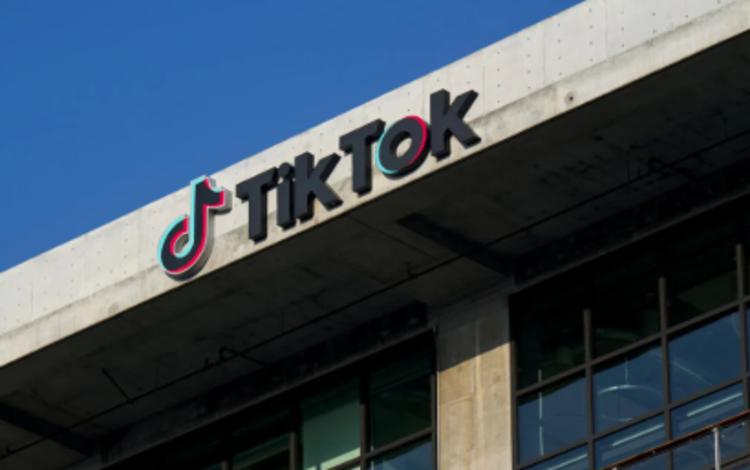On Tuesday, U.S. President Donald Trump expressed openness to the idea of Tesla CEO Elon Musk purchasing TikTok, should he show interest. The short-form video app, used by roughly 170 million Americans, has been at the center of controversy due to concerns over data privacy and national security tied to its Chinese parent company, ByteDance.

TikTok temporarily went offline in the U.S. as a law took effect mandating its sale by ByteDance or a nationwide ban. The legislation stems from warnings that the Chinese government could access American user data through the app. In response, President Trump signed an executive order on Monday extending the deadline for compliance by 75 days, giving stakeholders more time to negotiate a potential sale.
During a media briefing, Trump addressed the possibility of Musk acquiring TikTok. “I would be if he wanted to buy it,” the president stated. He also floated the idea of requiring a portion of the purchase price to benefit the United States. “What I’m thinking about saying to somebody is ‘buy it and give half to the United States of America,’” he added, signaling an unusual condition for a private-sector deal.
Reports have emerged suggesting preliminary discussions between Chinese officials and Musk regarding a possible sale. However, ByteDance has denied these claims, maintaining that the app remains secure and operates independently of Chinese government influence. Despite the executive order’s extension, TikTok remains unavailable for download on major platforms like Apple’s App Store and Google Play.
Critics have raised concerns about the ban’s implications for free speech, arguing it infringes on First Amendment rights. TikTok has also defended its operations, emphasizing that American user data is stored domestically and moderated within the U.S. through Oracle’s servers, ensuring compliance with local regulations.
Musk, who owns the social media platform X (formerly Twitter), has previously spoken against a TikTok ban. He criticized the uneven playing field between the U.S. and China, pointing out that while TikTok operates freely in America, his platform is blocked in China. “This is unbalanced,” he remarked, aligning his stance with free speech principles.
As the 75-day extension unfolds, the future of TikTok’s U.S. operations remains uncertain. Government officials, potential buyers, and international stakeholders are navigating a complex web of security concerns, corporate interests, and geopolitical tensions.
